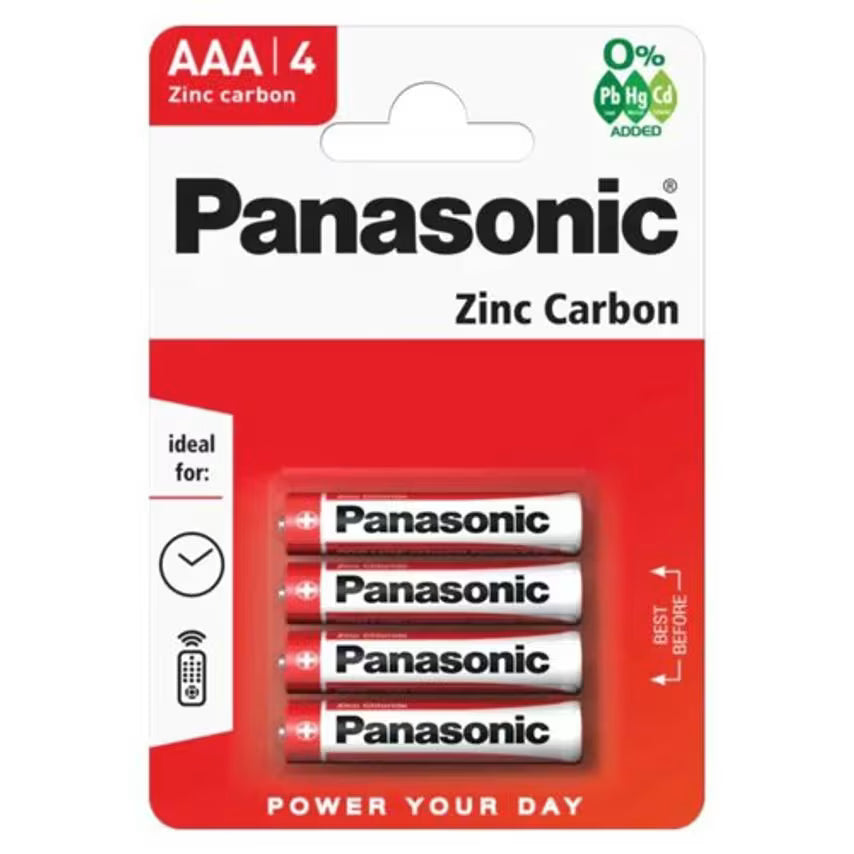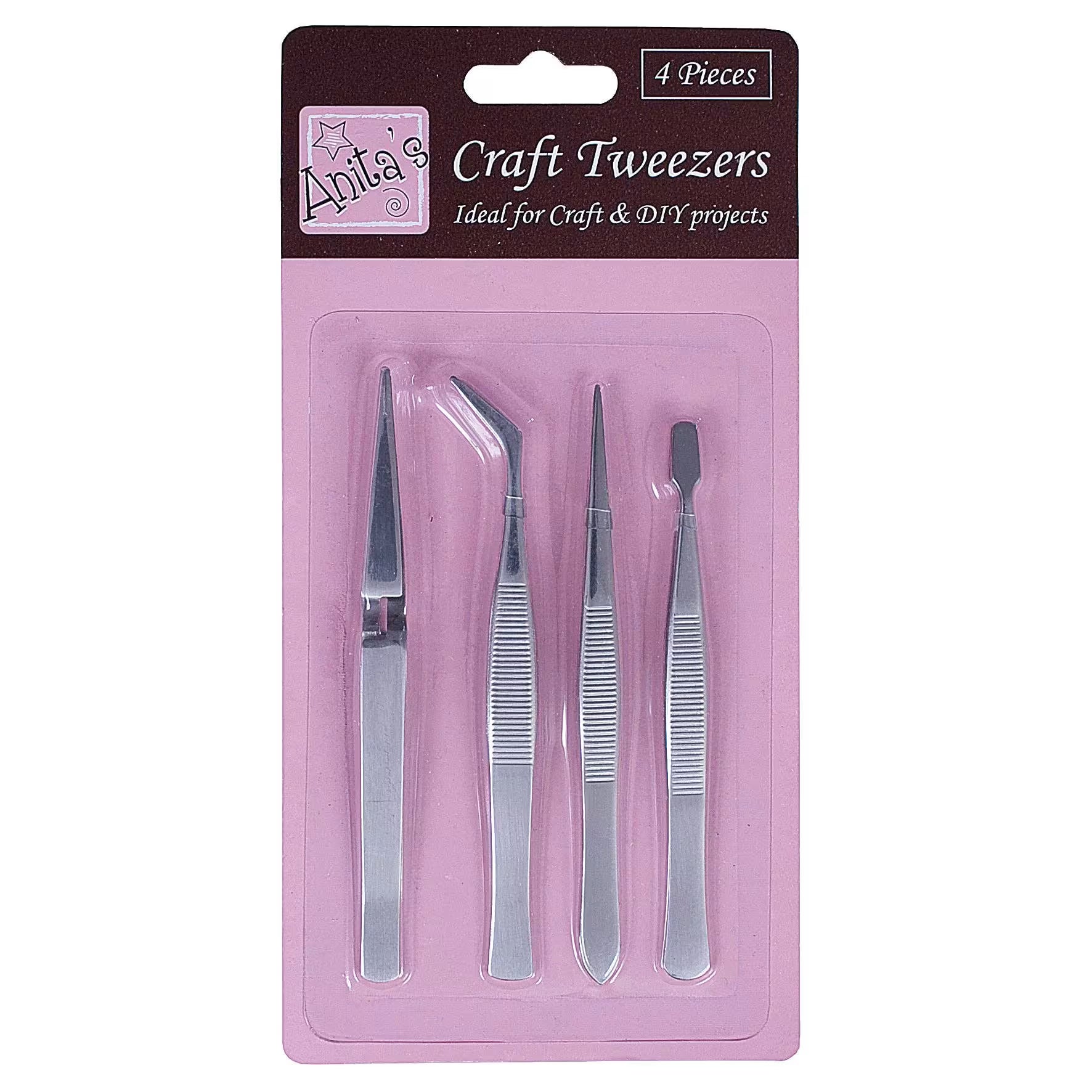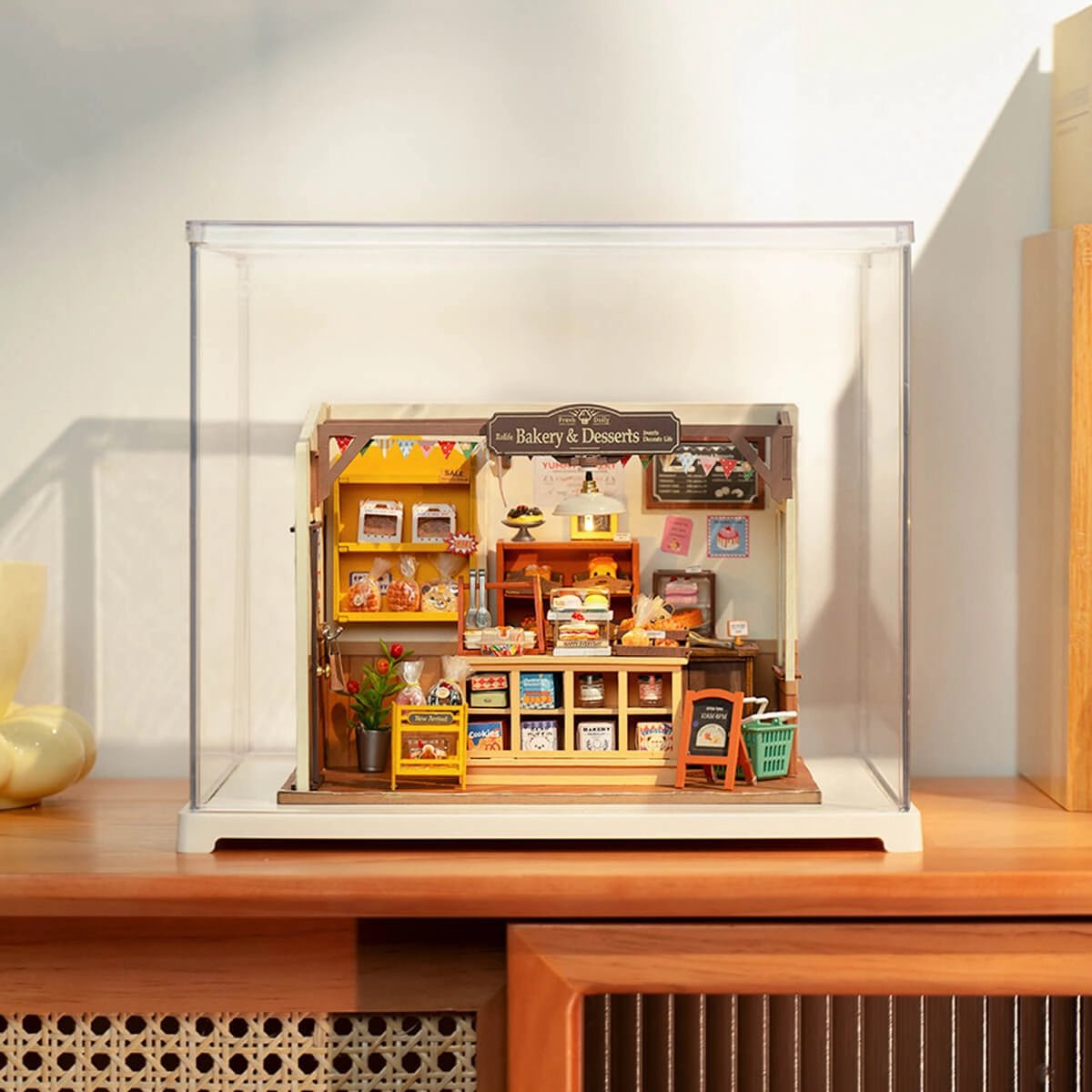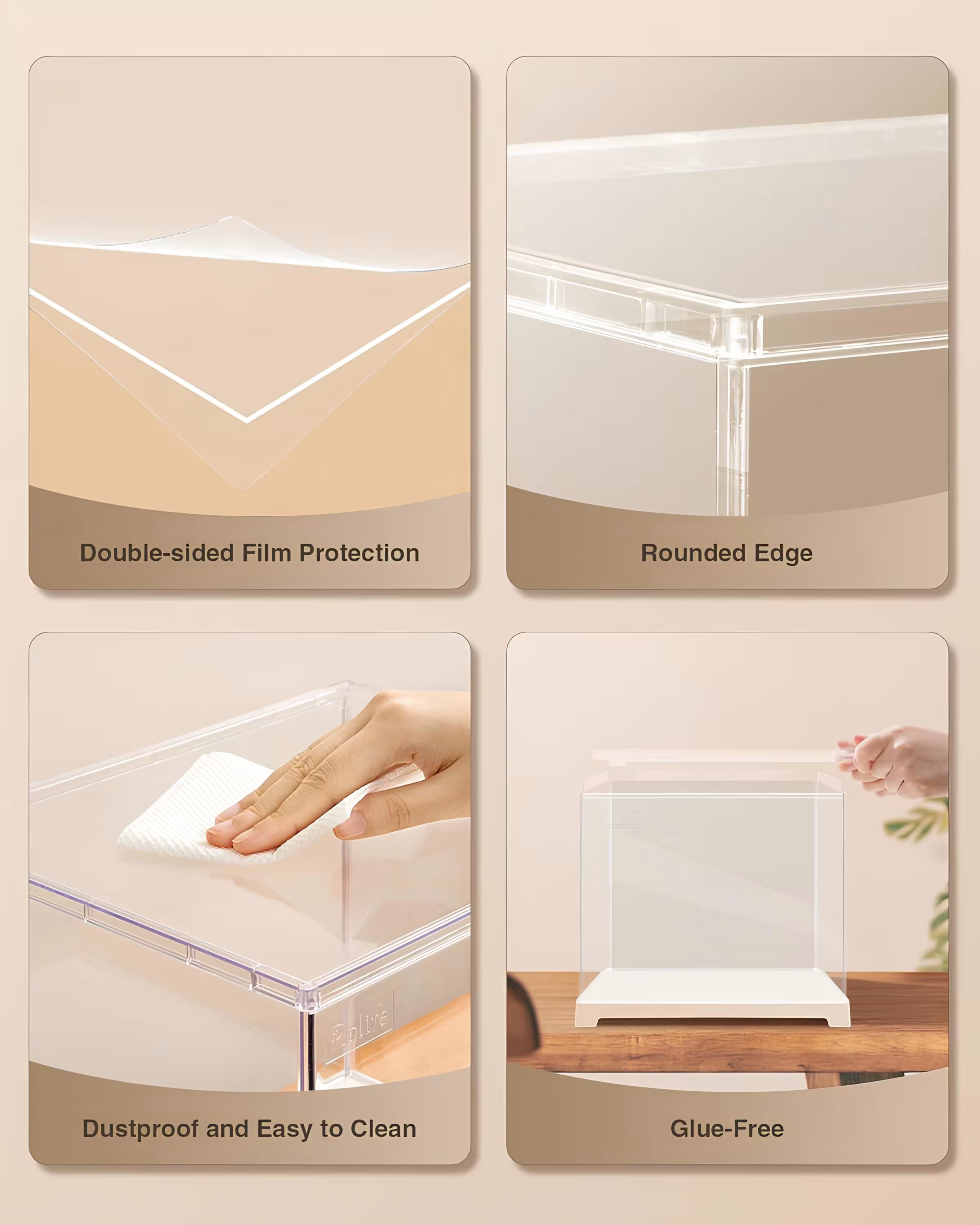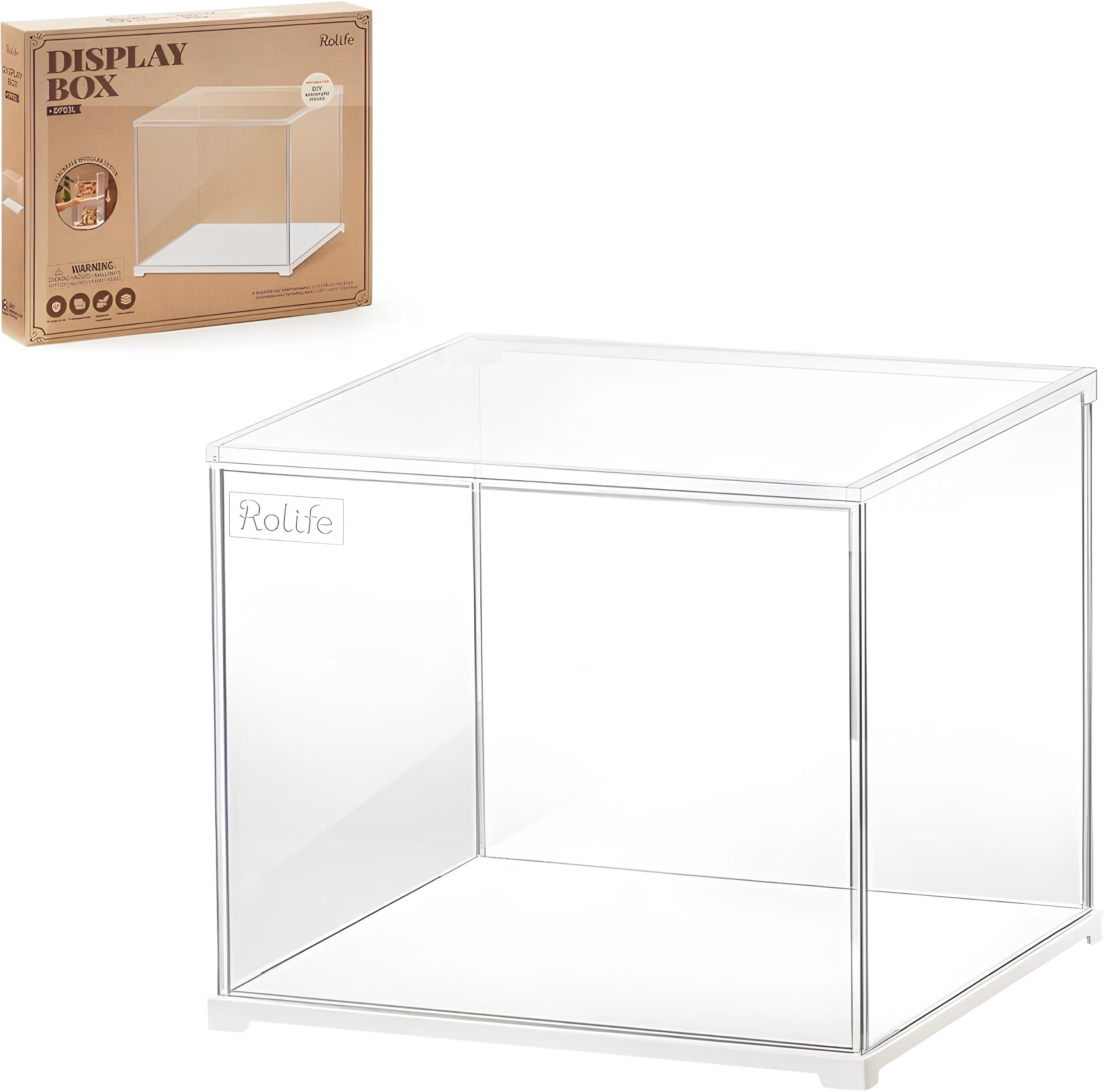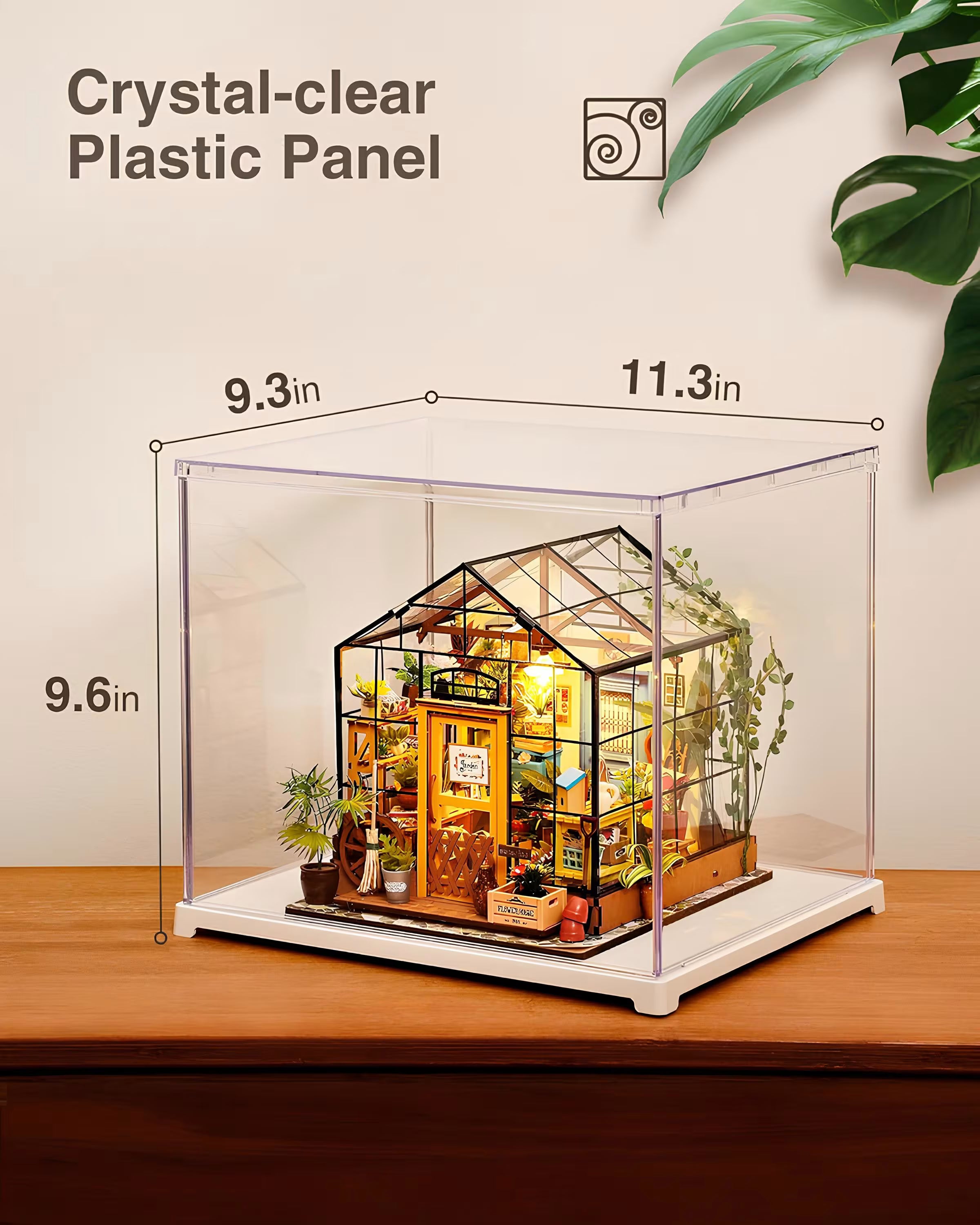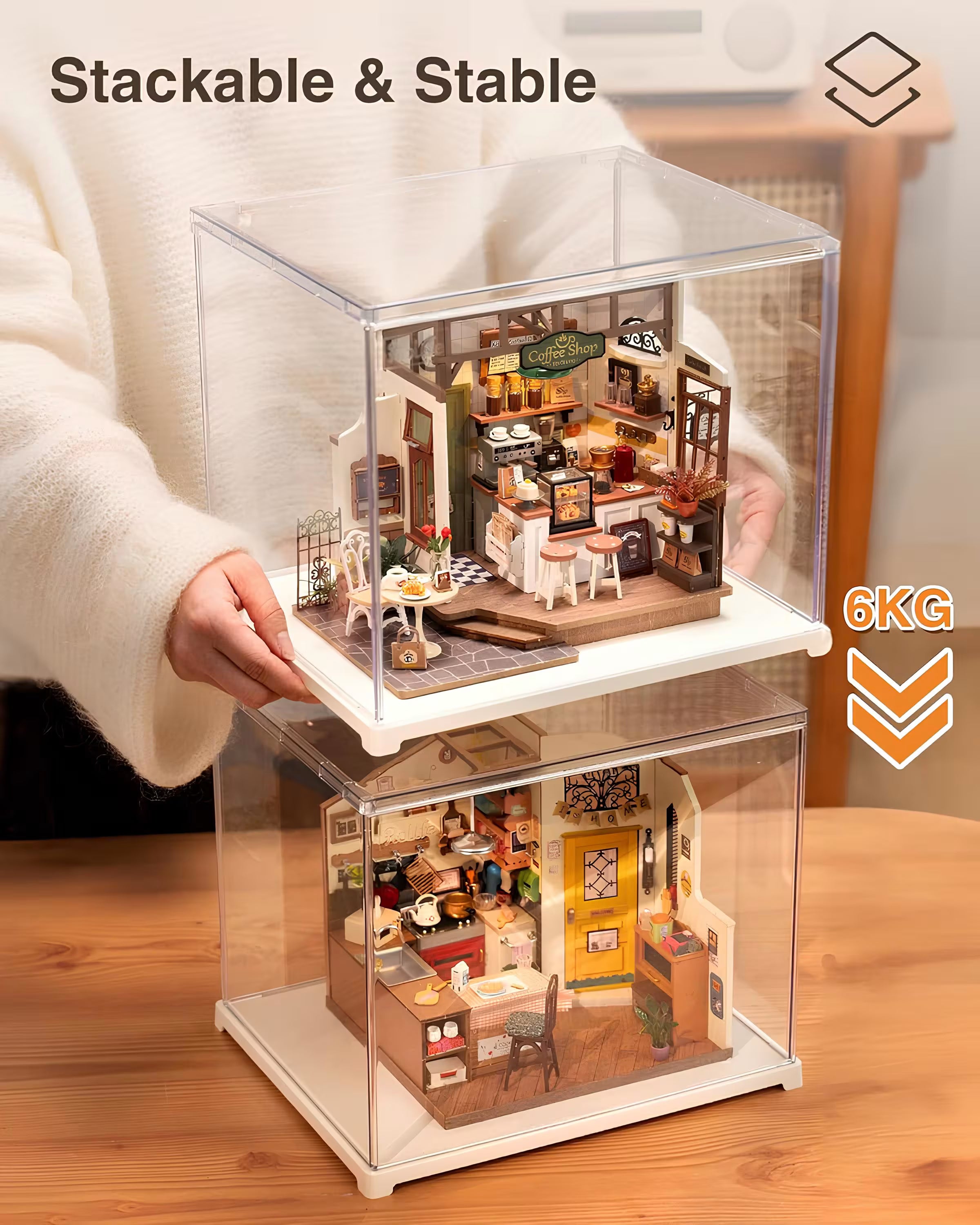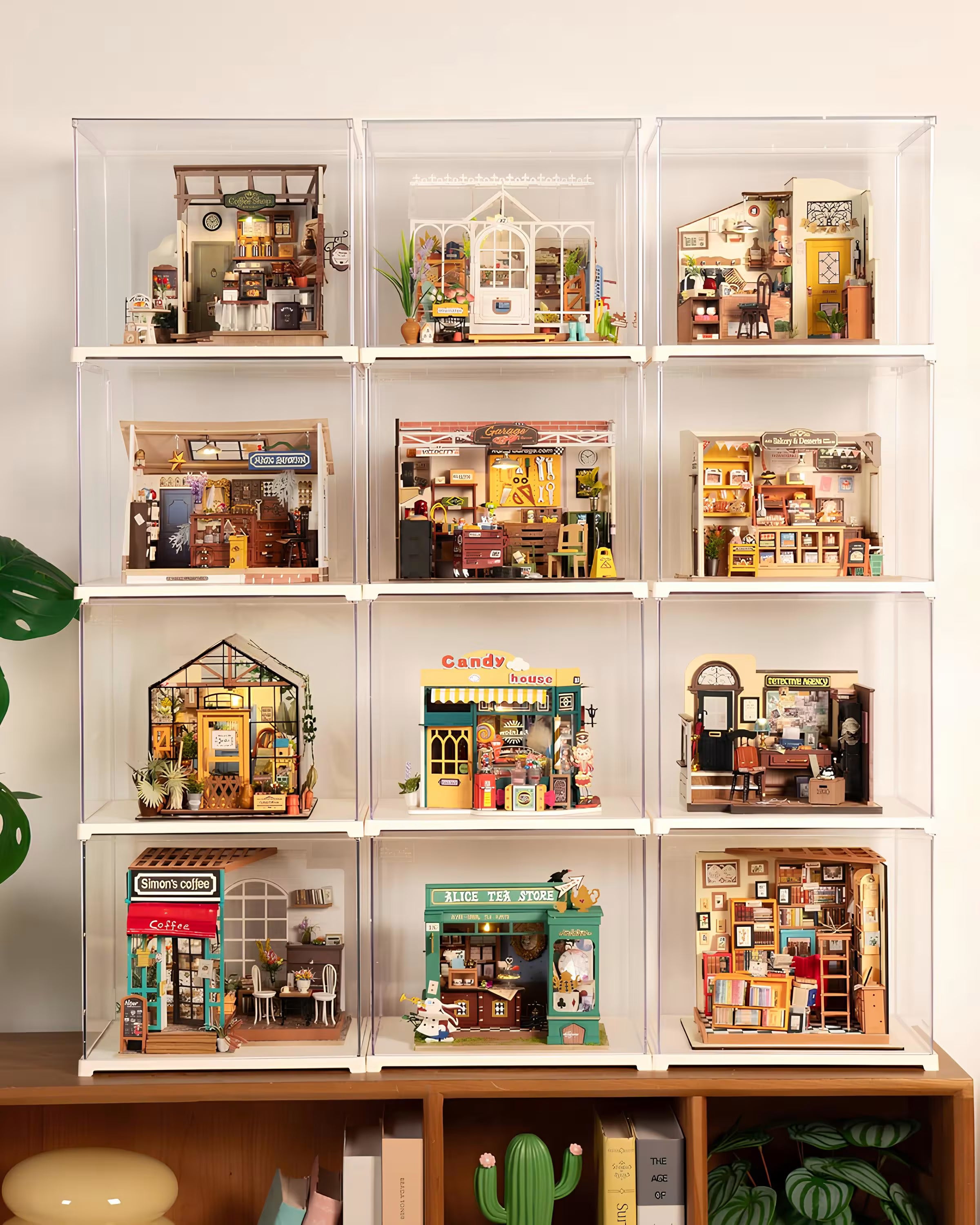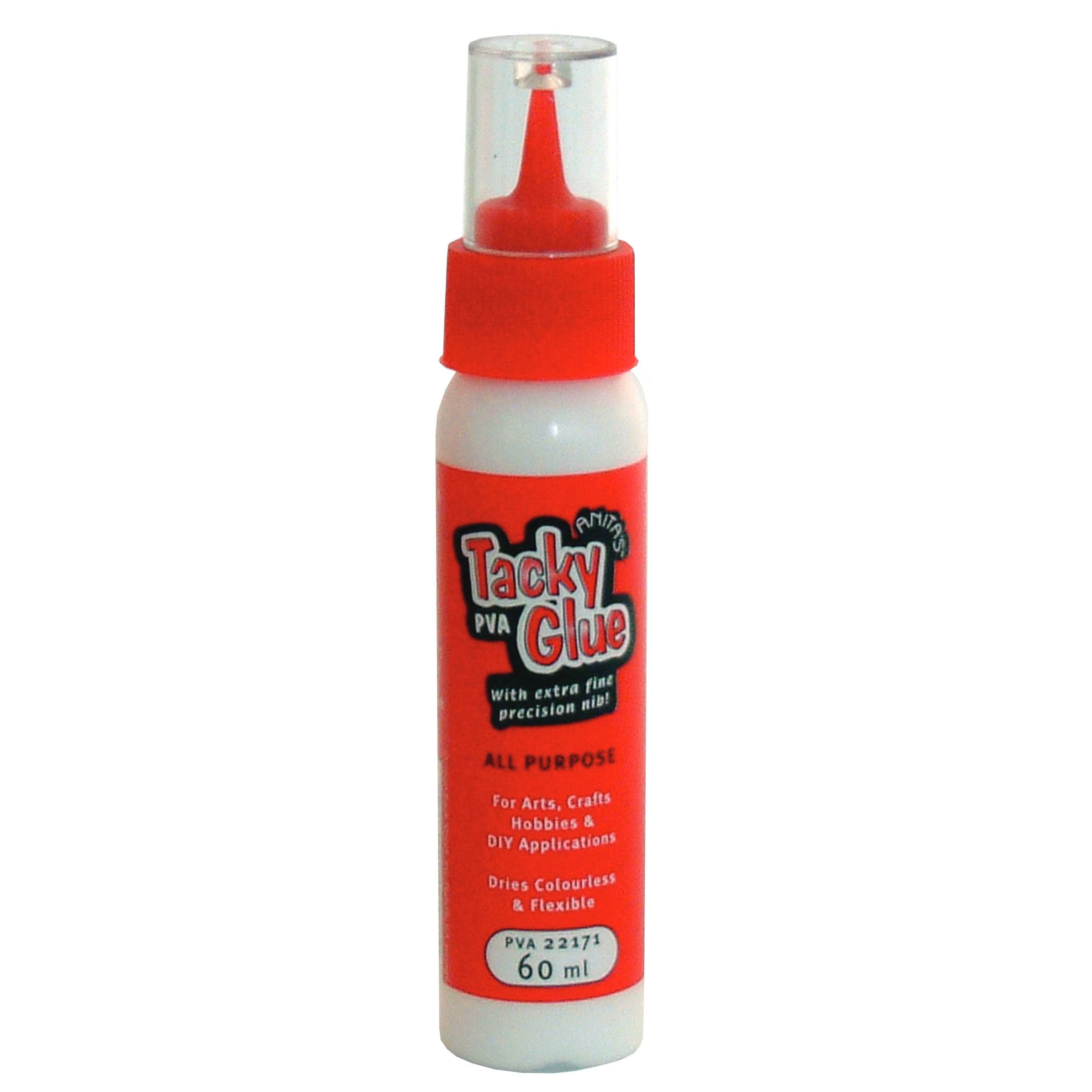How crafting can help improve wellbeing for you and your family.
If you and your family find that you are spending more and more time fixed to your screens or are looking for ways to improve your mental health, crafting and building miniatures just might be the place to start.
Screen fatigue?
It is becoming harder and harder to prize ourselves from our screens. On average, people spend approximately 42% of their day looking at a screen. 41% of people in the US admit that they find screen time management challenging and 21% feel guilty about how much time their children are spending on their screens.* Studies have shown that too much screen time can have negative effects, such as sleep disruption, delayed learning in young children as well as increased risk of depression and anxiety especially in young people.
Some therapeutic benefits of miniature building
Taking time off from your TV, phone or gaming screen to take up an activity, such as crafting and miniature building, is becoming increasingly popular and there are some good reasons for this! Let’s look at some of the surprising therapeutic benefits of crafting…
· Stress Reduction, Relaxation, Enhanced Mood and Happiness
A new study by Anglian Ruskin University shows that engaging in arts and crafts can alleviate the symptoms of anxiety and depression and is linked to increased life satisfaction and happiness.
Focusing on assembling a book nook or miniature kit can help divert your attention from the stresses of the everyday world. For many people building is a mindful, even a meditative, process. By concentrating and being present in the moment, crafting can help reduce anxiety and promote a sense of calmness and higher levels of happiness.
· Improved Focus, Concentration and Problem-Solving
Building miniatures can help improve your brain’s function too. Putting together many tiny pieces requires focus, concentration and problem-solving skills. Engaging in crafting activities on a regular basis can help you to maintain and improve your memory, attention and problem-solving skills. Arts and crafts activities have also been linked to keeping the brain active and engaged for people with dementia.
· Enhanced Hand-to-Eye Coordination and Dexterity
Handling small tools such as tweezers and tiny materials in miniature crafting helps to improve hand to eye coordination and dexterity in children. Practice and repetition, as well as performing precise hand movements, can all help to improve coordination which can be improved over time.
· Increasing Social Interaction and Family Bonding
Engaging in a hobby or interest can open doors to more social interaction. You can link up with other enthusiasts and become part of a community, whether that is in your local area or online. Creating a miniature together as a family is also the ideal opportunity to bring everyone closer together. As a joint project, you can help your children learn patience and perseverance and help them improve their skills and wellbeing.
· A Sense of Achievement and Purpose
Building a model is a rewarding experience, not only for its therapeutic effects, but also as a sense of achievement. The research by Anglian Ruskin University that we quoted earlier has also found that arts and crafts provide a sense of purpose and an outlet for creativity which is not always found in employment. Crafting can create a sense of mastery of “flow” where you experience control, achievement and self-expression.
Feel the “flow” and enjoy the therapeutic benefits of building book nooks and miniatures.
*Sources: Comparitech, DataReportal


